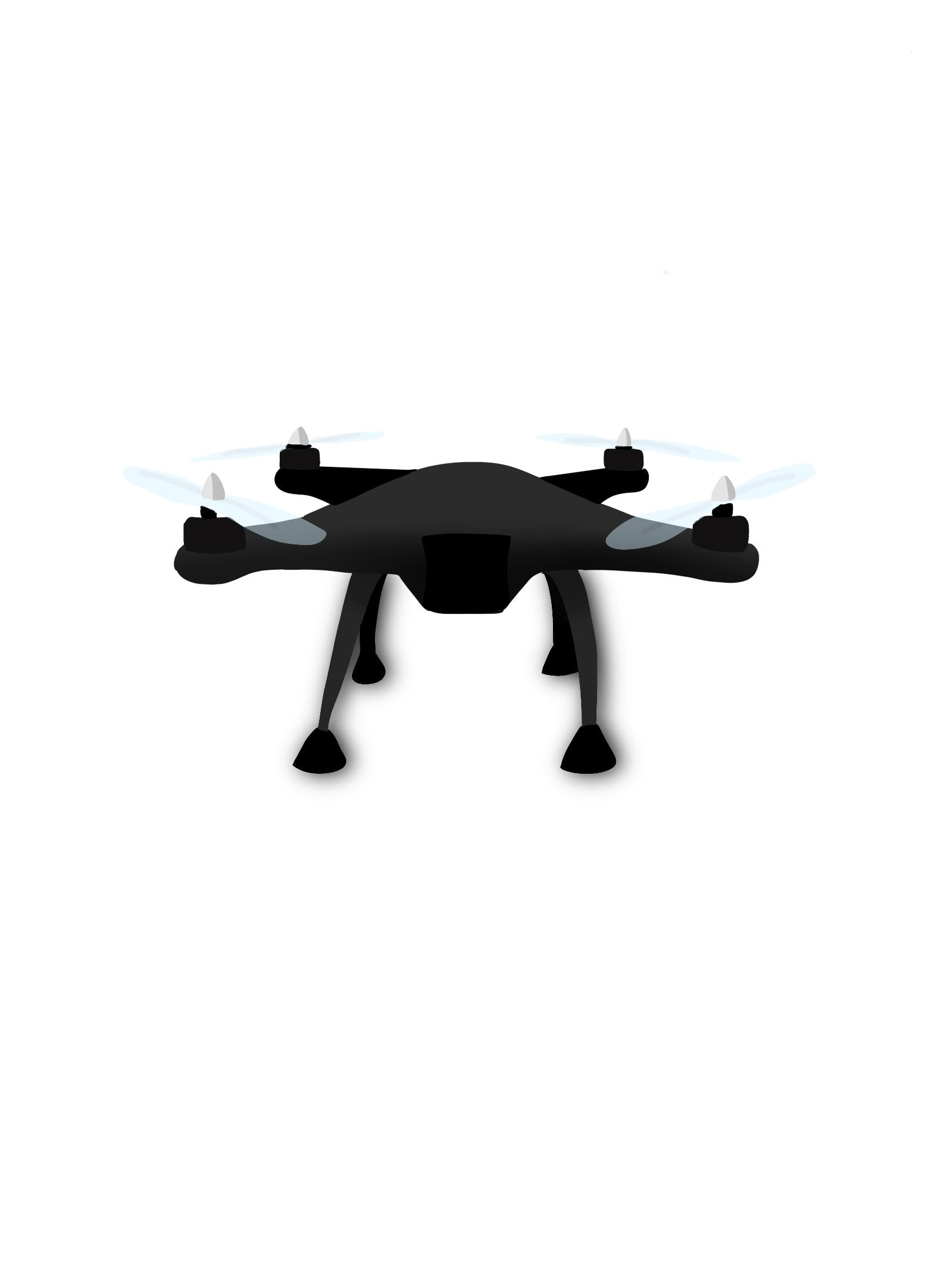Peninsula’s Science Research Class Receives 10 First-Place Awards at District Science Fair

On Feb. 14, students enrolled in Peninsula’s Science Research class took part in the Palos Verdes Peninsula Unified School District (PVPUSD) Science Fair and received 10 first-place awards. The categories that the class won include Behavioral Sciences, Biomedical Health Sciences, Biochemistry and Molecular Biology, Chemistry, Energy: Sustainable Materials and Design, Engineering Mechanics and Embedded Systems, Environmental Engineering, Microbiology, Physics and Anatomy, Plant Sciences and Computational Biology and Bioinformatics.
Junior Aksh Garg placed first in the Engineering Mechanics and Embedded Systems category. His project focused on how to make 5G cellular networks more efficient. He experimented with faster networking by simulating his drones’ paths in a programming system called MathLab and using the Python computer code to direct the paths. Garg also investigated the network users that get signals from the different drones based on location. He did experience setbacks, including his computer programs crashing during winter break. Nevertheless, when he won first place in his category, Garg felt that his hard work had paid off.
“The most memorable part of the PVPUSD Science Fair was when [the judges] announced my first-place spot,” Garg said. “I remember my jaw dropping. I am very happy about my placement in the fair.”
Senior Suraj Anand placed first in Computational Biology and Bioinformatics. His project was about creating an artificial intelligence system through Python 3, a coding language, and Panda, a computer program for said language. This system would help professional physicians make quick decisions on who to care for based on an analysis of a patient’s vitals to alert medical staff. Anand coded the system to prevent clinical events from happening and to show the relevant patient variables to allow doctors to have more knowledge on the patients’ conditions to better treat them. Like Garg, Anand faced some setbacks. For example, he found it difficult to code predictions for heart attacks and process data in his system. Nevertheless, he was able to organize his data to get the artificial intelligence system working properly.
“I have been working hard on this project for most of the school year and am really passionate about this project,” Anand said. “This was one of the most difficult projects I have done, so getting first place [was rewarding].”
Science Research adviser and Chemistry 1 teacher Melissa Klose helped all of her students’ research projects and was thrilled with the results from the fair. Leading up to the PVPUSD Science Fair, Klose held after-school sessions for the students to present their projects to each other in groups. These groups included one student who has had experience from competing at a past PVPUSD Science Fair. This student could then help the newer group members become familiarized with the class’s structure and how to adequately prepare for the science fair.
“I am extremely proud of my [Science Research] students for taking home [10 first-place] awards,” Klose said. “At the end of the day, if you are passionate about your project and interested in what you are doing, you will place well. [My Science Research students] showed a great deal of enthusiasm for their research projects.”
Through their placements in the PVPUSD Science Fair, 26 Science Research students qualified to compete at the Los Angeles County Science Fair, which was held virtually on March 19-21. This fair allowed students an additional month to work on their projects so they were able to explore additional dimensions of their projects and further perfect them. For example, Garg ran algorithms on how to program drones to make cellular networks stretch their service to farther locations, while Anand worked on using a different method for predicting patient outcomes called contextual decomposition. Contextual decomposition is used to analyze individual predictions made by artificial intelligence systems. This would allow even more advanced technology to predict medical conditions more efficiently. Both Garg and Anand won first in their category. Garg feels that his previous experience with the PVPUSD Science Fair prepared him well enough to succeed in this competition, as well as competitions the future.
“I still remember being scared before my first judging session,” Garg said. “But as time went on, that fear was replaced with pride in my research project. As I was talking to [the judges], they seemed to understand it well and could give constructive feedback to me. This made the PVPUSD Science Fair a unique experience.”

